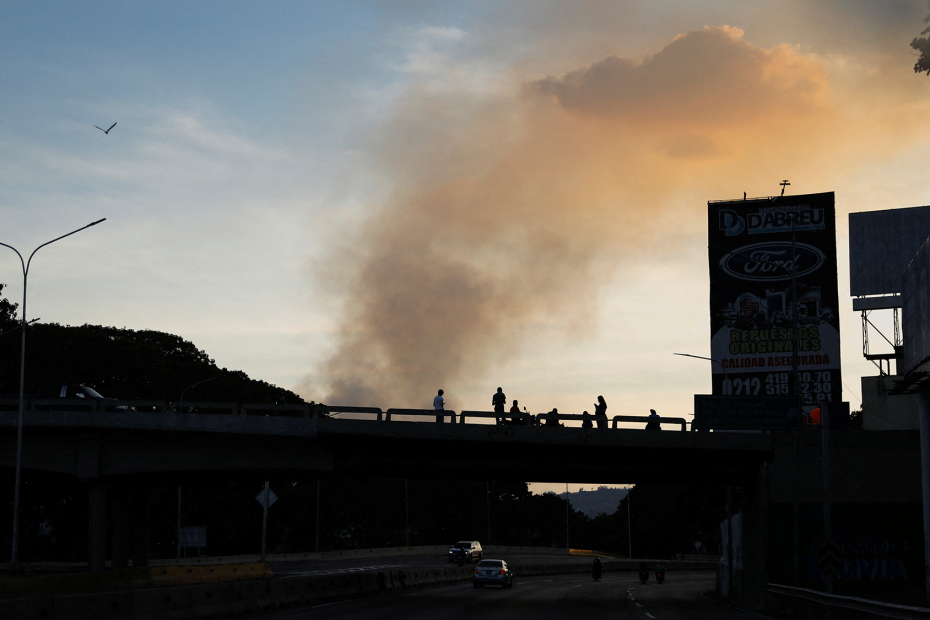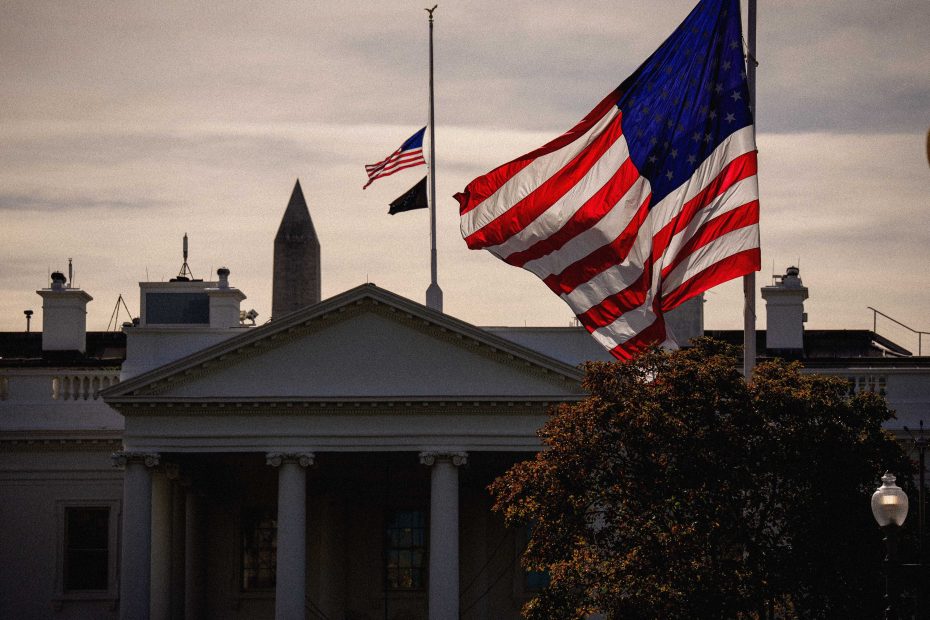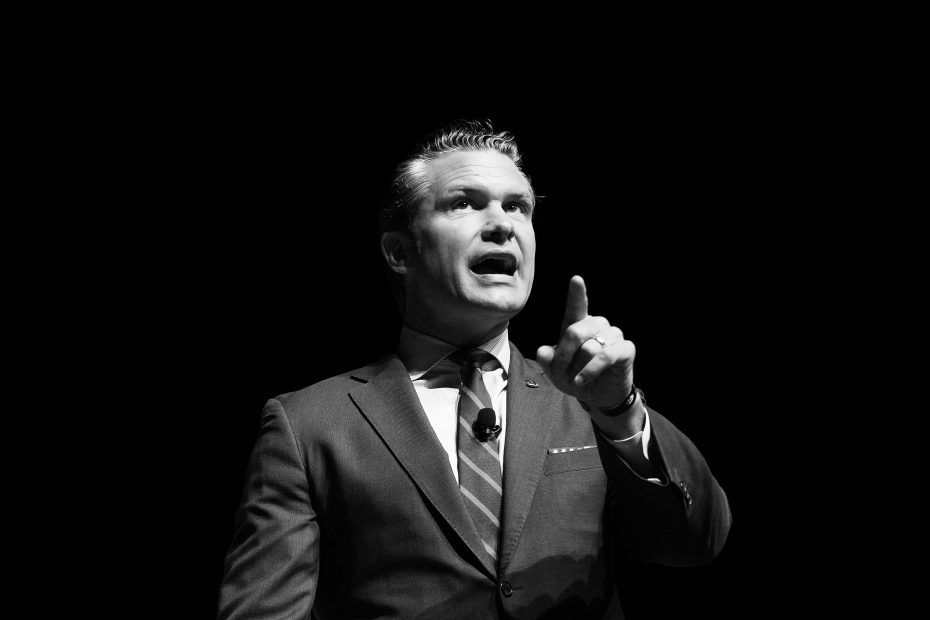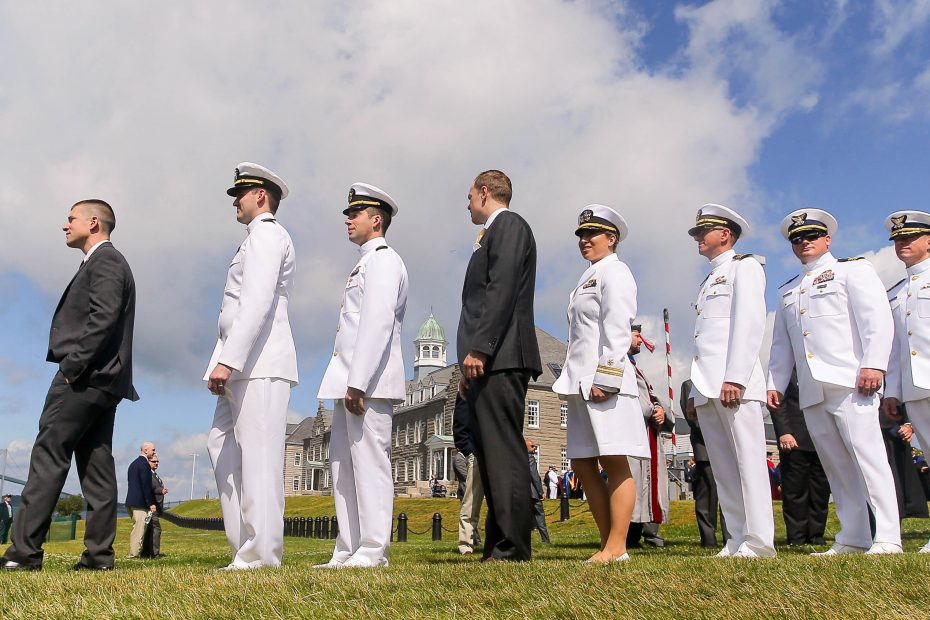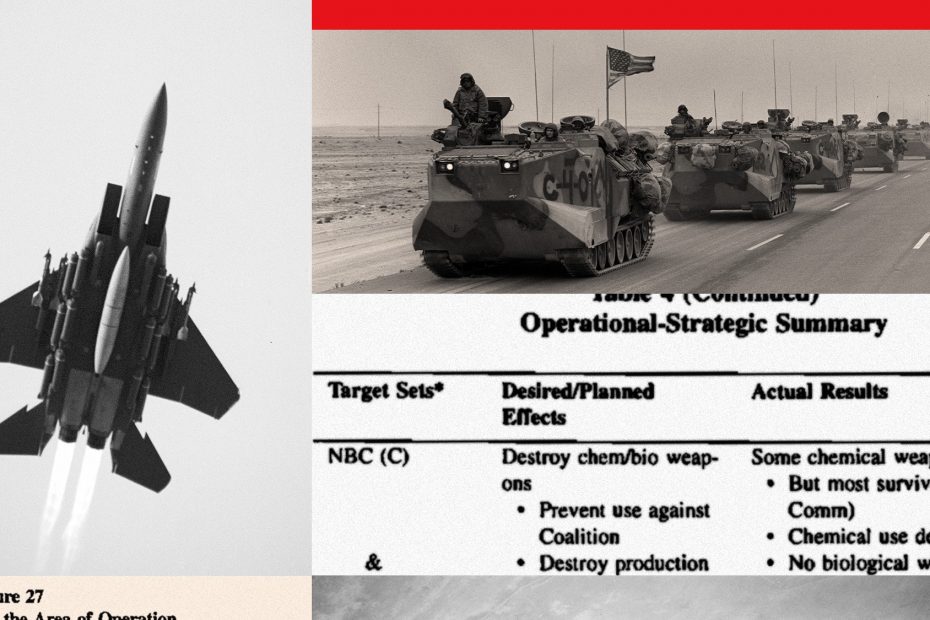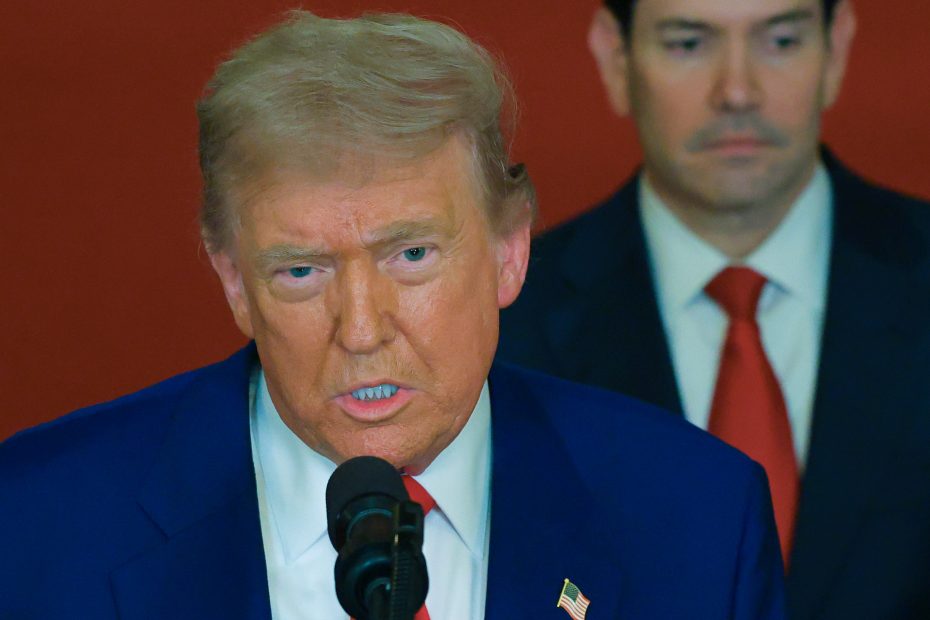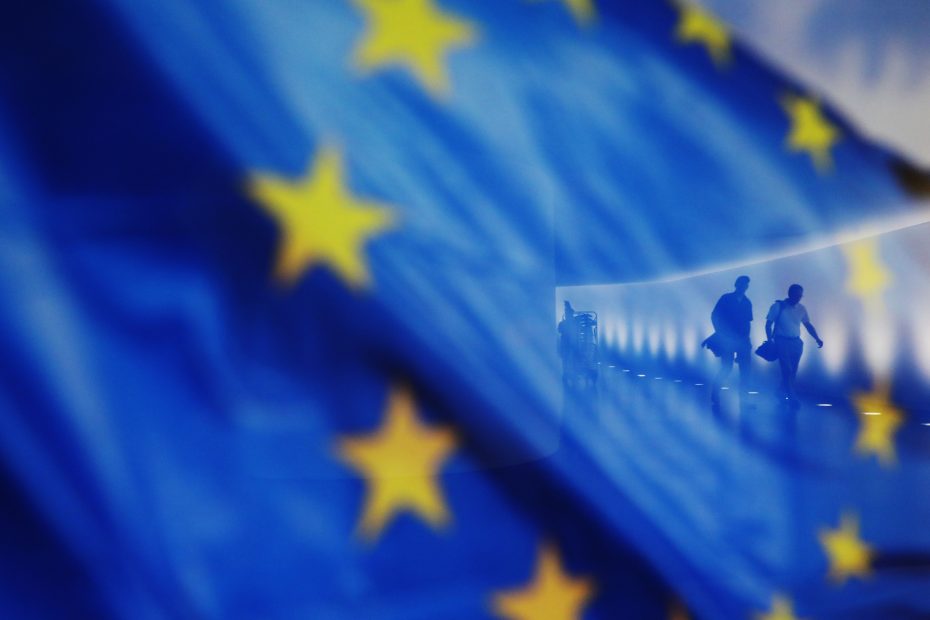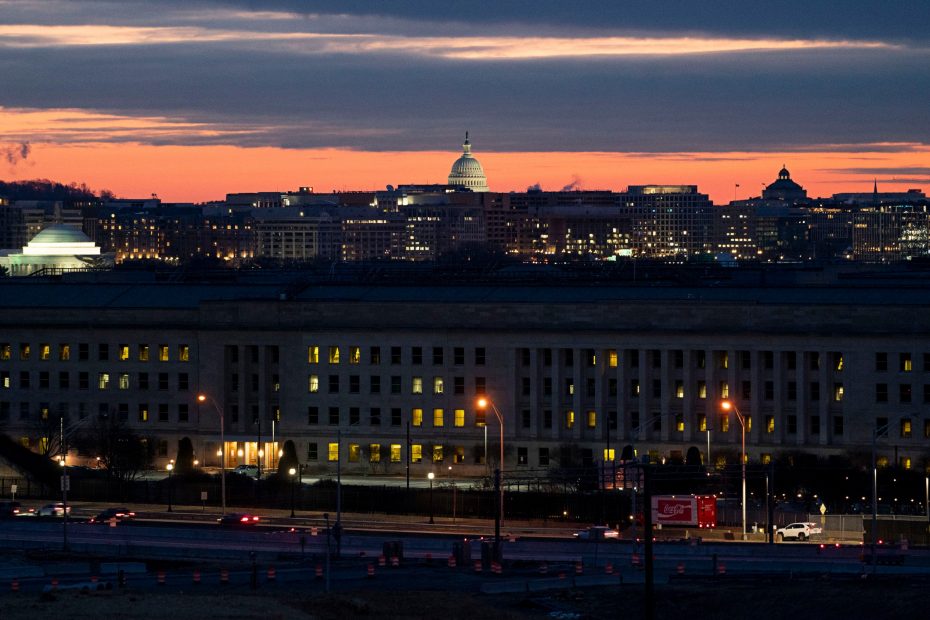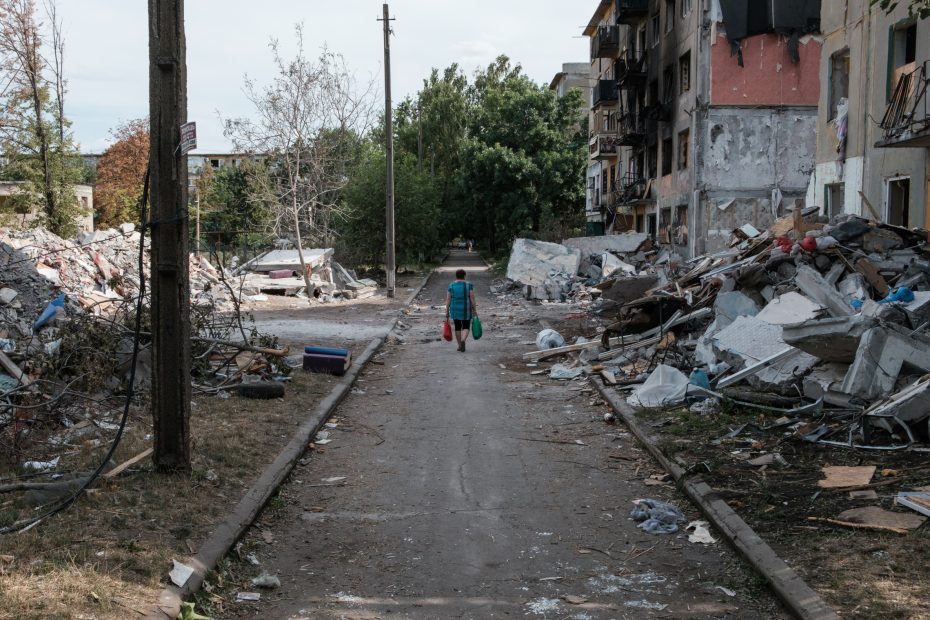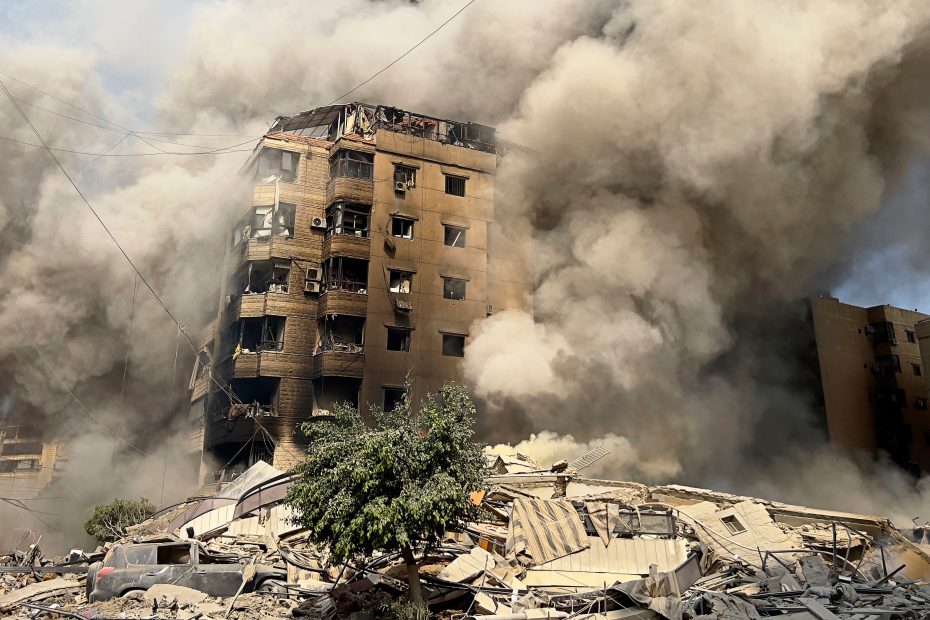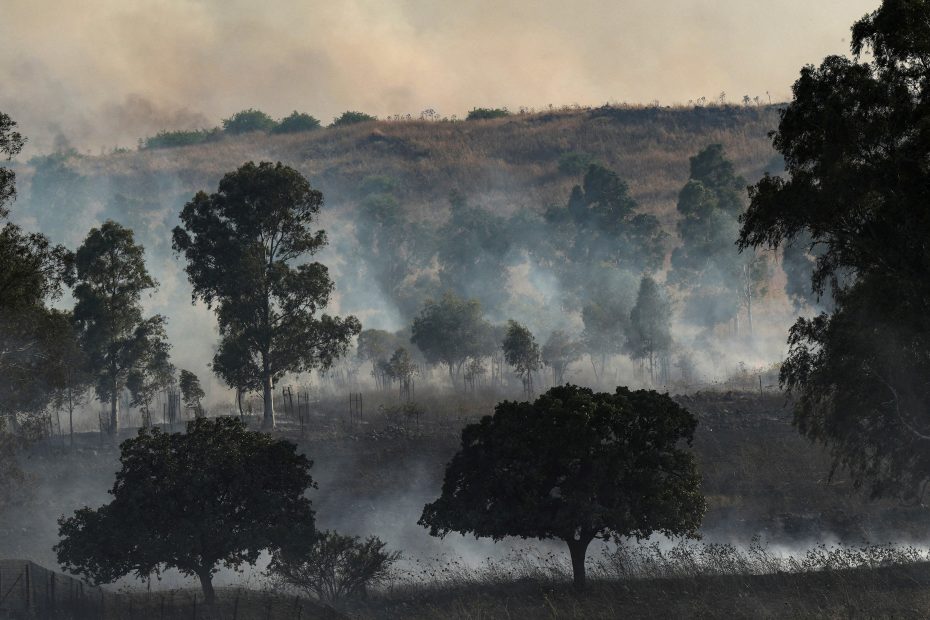Trump Rolls the Iron Dice
No tears should flow for the supreme leader of Iran, Ayatollah Ali Khamenei, or for his associated butchers in the Islamic Revolutionary Guard Corps, the Basij militia, and the rest of the Iranian security apparatus. The obliteration—or perhaps one should say, re-obliteration—of the Iranian nuclear program is a good thing, as is the elimination or drastic reduction of its arsenal of drones and missiles, and the weakening of its proxy forces.


